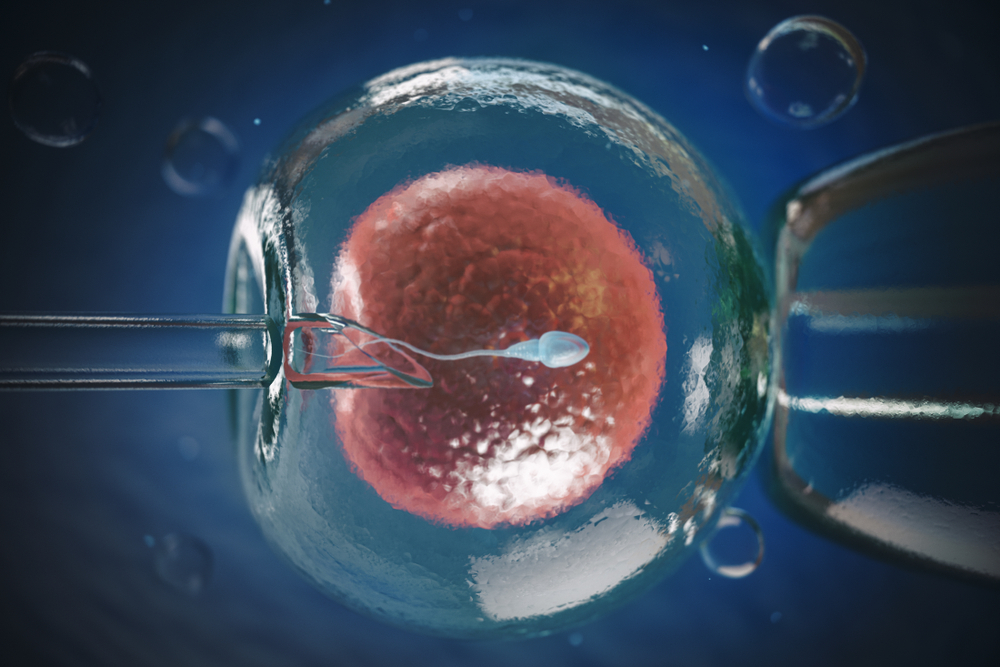Researchers have investigated how melatonin can affect fertility. One study suggested that melatonin can improve the quality of sperm. The study, which was funded by the State University of New York and Downstate Medical Center, was published in the American Society for Reproductive Medicine.
Influence of melatonin on oxidative stress
The role of melatonin in fertility has long been a topic of interest for researchers. The hormone has been shown to help with oocyte maturation and embryo development. It has also been shown to help decrease oxidative stress. In addition, studies have indicated that melatonin supplementation may improve the quality of gametes and embryos.
Melatonin protects cells from environmental pollutants such as heavy metals, pesticides, and endocrine disruptors. The hormone also increases the expression of antioxidant enzymes. As a result, melatonin may improve male fertility.
Researchers are beginning to understand the role of melatonin in reproduction. Several studies show that melatonin plays an important role in puberty, ovarian function, and pregnancy. Further, research is uncovering the role of melatonin in reducing oxidative stress.
Melatonin is important for the microenvironment of gametes and embryos, which are essential for fertilisation and implantation. Numerous investigators have examined the effects of melatonin supplementation on in vitro culture media. In both human and bovine studies, the supplementation of melatonin improved cleavage rates and the yield of 8-cell embryos.
In rats, melatonin increases sperm motility. It also improves DNA fragmentation, and protects sperm from oxidative stress. This, in turn, increases the chances of successful conception.
Effects of melatonin on egg quality
The effects of melatonin on egg quality are still largely unknown, but some studies have demonstrated that melatonin can improve the quality of a woman’s eggs. This is because melatonin, a hormone produced naturally by the body, has anti-oxidizing properties. In fact, this hormone has been shown to improve the quality of eggs in mice.
Melatonin has also been shown to improve ovarian health, which may improve egg quality. However, there are few studies that prove that melatonin can improve ovulation or implantation, and it has not been shown to reduce miscarriage and implantation rates. In fact, it has been proven to improve the quality of eggs in mice, but the results are not clear.
The pineal gland plays a major role in regulating reproductive function in many species, including humans. It regulates the release of melatonin in response to light, temperature, and age. In some species, the change in melatonin secretion is directly related to reproductive functions. In the hamster, for example, a longer nighttime inhibits reproductive function and causes the testicles to degenerate. The female hamster also enters a phase of autistic behavior. Human reproduction is also influenced by environmental factors, such as temperature, light, and sleep patterns.
One study that examined melatonin for mice showed that it prevented ovarian follicles from being damaged by oxidative stress. Another study found that melatonin prevented premature aging in women and prolonged the time it took to conceive. In addition, it also prolonged the lifespan of ovarian follicles. Although these studies aren’t conclusive, these results are encouraging.
Effects of melatonin on pregnancy
Melatonin is a hormone that regulates the circadian rhythm of the body. This hormone may suppress ovulation and impair egg quality, so it’s important to get the right dose. Because of its risks, you should discuss the effects of melatonin with your healthcare provider.
The effects of melatonin on fertility are not completely understood. But the hormone is produced in the reproductive system and protects the egg by blocking the damaging effects of free radicals. However, suppressing this hormone during pregnancy may damage the fetus. This process could disrupt the developing baby’s biological clock and contribute to various health problems later in life.
Studies have shown that melatonin can increase the amount of progesterone in women with luteal phase defects. However, the study did not include a control group, and the differences observed were not clinically significant. In addition, the effectiveness of melatonin for luteal phase support has yet to be established.
Pregnant women should consult with their doctor before taking melatonin supplements. It’s not recommended for women who are healthy, as their melatonin levels rise naturally during pregnancy, and supplementation may lead to too much melatonin in the body. There is also little research on long-term melatonin use during pregnancy. However, studies on rats have shown that melatonin supplements may adversely affect the fetus’s growth and development.
There are a number of studies examining the effects of melatonin in women with infertility. The most recent one, by Eryilmaz et al., included thirty women who had failed IVF cycles, and randomly assigned them to receive 3 mg of melatonin every night until the HCG trigger. The melatonin treatment group tended to have a higher proportion of mature oocytes, higher quality embryos, and higher clinical pregnancy rates, although this study did not account for previous failed cycles.

